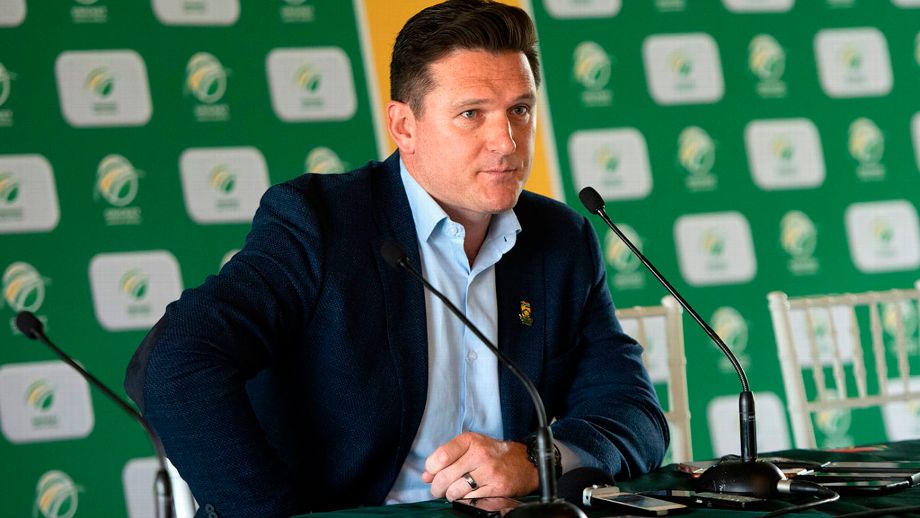Cricket South Africa director of cricket Graeme Smith deems recent criticism about his administrative appointment as ‘extremely unfair’.
The former Proteas captain addressed the media during a video news conference on Saturday, answering to a whole host of issues that have surfaced through to the CSA board in light of the Black Lives Matter movement.
Smith’s appointment towards the end of last year, and his recruitment of new Proteas head coach Mark Boucher, was publicly criticised by certain sectors of the media as well as the group of 40 former black players and coaches, who met with CSA president Chris Nenzani last weekend.
‘If you look at some of the things which are being said around appointments – my appointment and the appointment of my staff – I think some of those things are extremely unfair,’ said Smith while explaining his thorough election process.
‘Cricket South Africa courted me for a while; I went through the same interview process as everybody else in getting the job. I got involved because I have got cricket at heart and to be part of the solution. I want to help create a strong Cricket South Africa.
‘I think the narrative is really unfair. I was appointed by a really vigorous process and didn’t go and appoint myself. I’ve made it clear why I got involved,’ Smith said.
On Friday, Nenzani also defended the selection process followed by the CSA board in a seriously troubled time.
ALSO READ: Nenzani defends Boucher, Smith appointments
‘It was good to see the president [Nenzani] put that straight with his most recent comments. But I have to come back to my value system and why I got involved in this job,’ continued Smith.
‘I made a number of appointments in December, not only Mark Boucher. I brought in permanent staff like the team manager, Volvo [Masubelele], Justin Ontong, Charl Langeveldt, Enoch Nkwe and the medical staff.
‘The appointment of Paul Harris was around Keshav Maharaj requesting to work with him for one series. Jacques Kallis hasn’t been on the payroll of Cricket South Africa for many months; he worked on an interim basis and it is important to clarify that those appointments were not permanent.’







